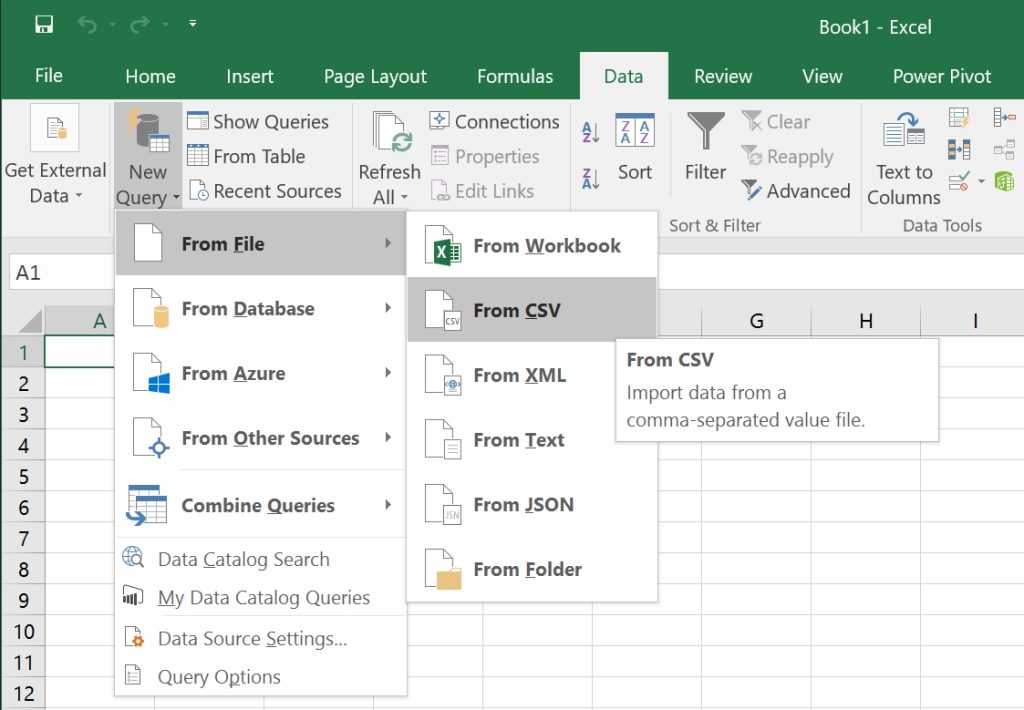
'I recently discovered that you can avoid '"Semicolon:=True" to "Semicolon:=False" and set the

'another delimiter than semicolon, you must change 'We now import the selected text file, and data is If vFileName = False Or Right(vFileName, 3) "txt" Then 'If the user pressed Cancel or didn't select a text file, we exit. VFileName = Application.GetOpenFilename("Text Files (*.txt),*.txt") If you omit the file filter, all files will show. 'Here we use a filter to display only text files with "*.txt" as 'The function GetOpenFileName gets the file name without 'Import a text file using Excel's own import function. If you are viewing this page on a device with a small screen, some code lines will probably be broken/wrapped, but if you copy and paste into a VBA module, it should be okay with the right linebreaks. The zip file also contains a semicolon delimited text file for you to play with. Mark the text, copy with CTRL+C and insert (CTRL+V) into a VBA module - or download a zipped example. It allows the user to select a file without actually opening it, and we store the file name and path in a variable, which we use instead of "C:\textexample.txt". To get a file name selected by the user we use the function "Application.GetOpenFilename".

To use the macro for other files we need to replace "C:\textexample.txt" with the path to a file selected by the user, and we don't need the file specific "FieldInfo. Tab:=False, Semicolon:=True, Comma:=False, Space:=False, _ TextQualifier:=xlDoubleQuote, ConsecutiveDelimiter:=False, _ Origin:=xlMSDOS, StartRow:=1, DataType:=xlDelimited, _ Workbooks.OpenText Filename:="C:\textexample.txt", _ ' Makro indspillet 13-07-2013 af Eric Bentzen


 0 kommentar(er)
0 kommentar(er)
